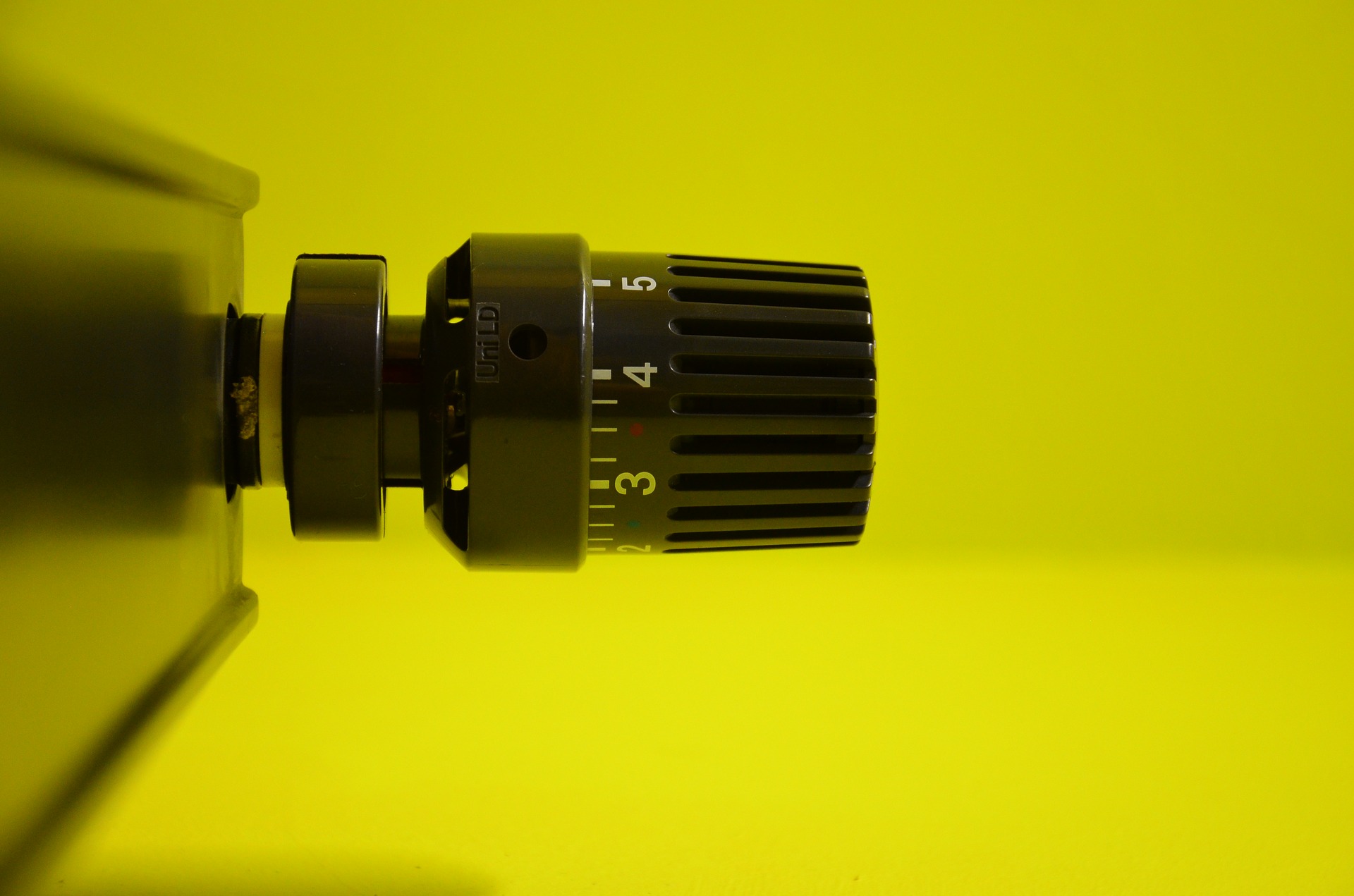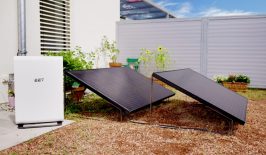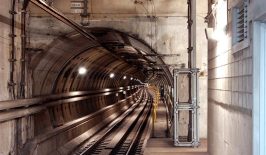Ursula von der Leyen, the current President of the European Commission, wants to make the EU climate neutral by 2050. For this to work, it won’t be enough to only tackle the energy and transport industries, we will also make major changes to the construction sector. Some states have already started to encourage innovation in that field, with the German Ministry for the Environment creating a nationwide prize for new technologies which will be able to reduce the ecological impact of new construction projects.
But there’s also a lot that can be done to improve older, existing buildings which are generally not very energy-efficient and for that reason, often have a very large ecological footprint. That’s why a number of companies and researchers are working on ways to apply artificial intelligence to better, and more efficiently, heat existing buildings and improve their environmental sustainability. One company from Finland already has a lot of practical experience doing exactly that. Today, almost 50 percent of Finnish housing companies work with the Leanheat system.
With the help of an intelligent, self-learning controls, i.e. machine learning, the Leanheat system combines the needs of the occupants of an apartment building with the current weather conditions and the price of electricity in order to optimise peak loads. Leanheat is not about switching on the heating remotely at the right time, but instead about keeping the heat constant so that as little energy as possible is consumed. Another aspect that the company wants to offer through this system is the maintenance and servicing of the heating system. Normally, if a heating system is defective, a specialist service provider has to come and first analyse where the problem lies before it can be fixed. The Leanheat system lets you skip that first step.
“Thanks to a set of automated alarms, Leanheat is able to detect anomalies in the system, some of which can be resolved by simply adjusting or optimising the settings – like when a heat exchanger is defective or heat isn’t being distributed efficintly,” Nico Klecka, responsible for Business Development at Leanheat, explained to RESET.
The privacy issue
In principle, machine learning works better the more information that is available – this is also the case with Leanheat. For example, data is collected on how long you spend in which room, when you are at home and what temperature you prefer. In theory, all of this information could be valuable data for companies looking to target consumers with individually-tailored advertising. However, Klecka assures RESET that the system is fully DSGVO compliant and that all data is encrypted end-to-end. “We have not stored any information about who or how many people are in a flat, and we use the collected data anonymously using the latest encryption methods”.
Using this data and the Leanheat algorithm, the system should be able to save ten percent of building heating costs and about 15 percent of heating energy – and thus also CO2 emissions. The payback period for the system is around one year or, as the company states, “in a worst case scenario, three to four years”.
Renters left out in the cold
According to the company, the system works “in any apartment building with central heating”. But unlike, for example, smart radiators, the Leanheat system has to be installed throughout an entire building. That means that it’s up to the landlord, the letting agency or the housing association to decide on it and install it. The Leanheat system is not (yet) an option for tenants who don’t have the consent of their landlords. Besides Leanheat, other players in the field are also working on solutions for intelligent, energy-efficient heating. The Dutch company Hero Balancer, for example, has also developed an AI tool to make large heating systems more efficient. And the ANNsolar project at Fraunhofer ISE is researching neural networks for use in solar thermal systems. At RESET, we’ve also taken a closer look at a system from Sweden that can store and reuse heat energy from waste heat from restaurants. And according to a study from Switzerland, in a not-too-distant future, the heat from subway tunnels could even be used to heat nearby homes.
This is a translation by Mark Newton of an original article that first appeared on RESET’s German-language site.
This article is part of the RESET Special Feature “Artificial Intelligence – Can Computing Power Save Our Planet?”
The RESET Special Feature on AI is part of a project funded by the Deutschen Bundesstiftung Umwelt (German Federal Environmental Foundation DBU). As part of this project, over a period of two years we will be developing four RESET Special Features on the topic of “Opportunities and Potentials of Digitalisation for Sustainable Development”.
More information here.






